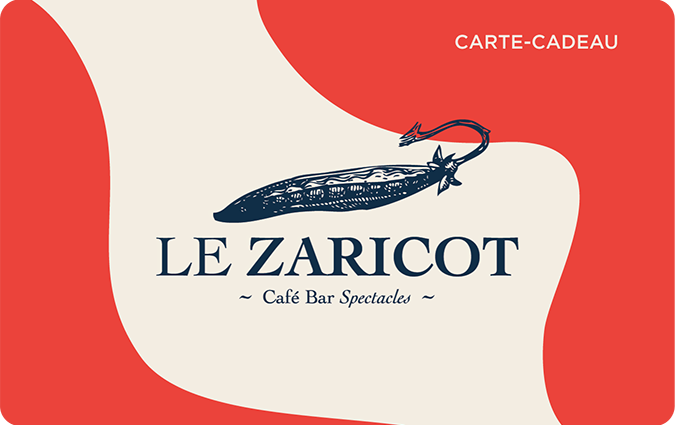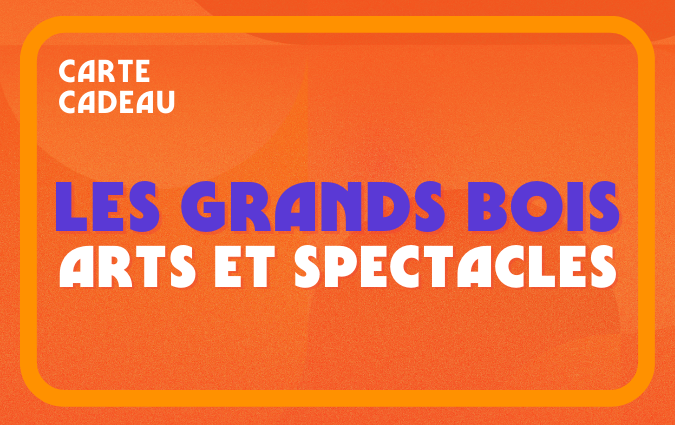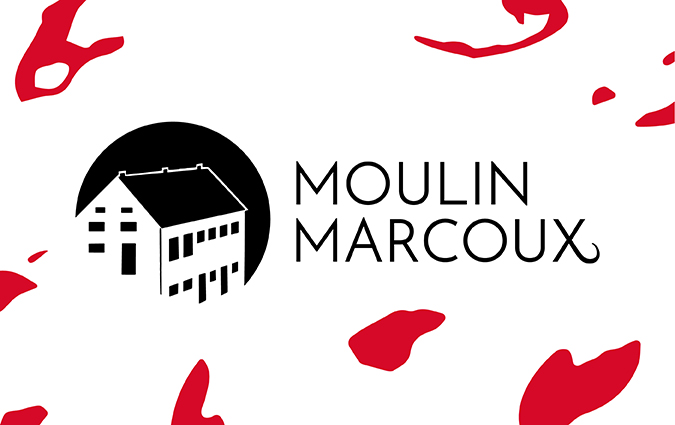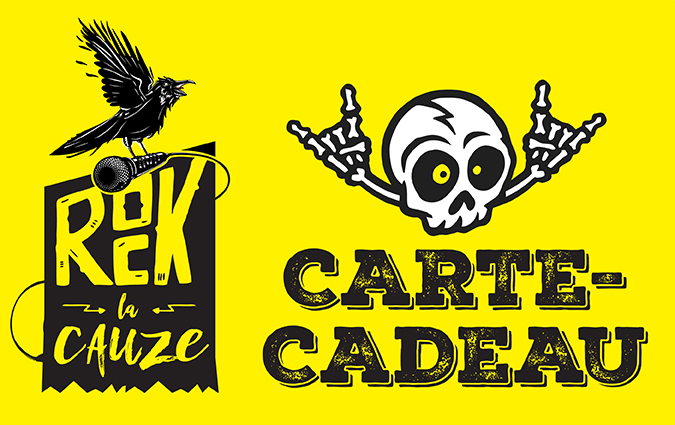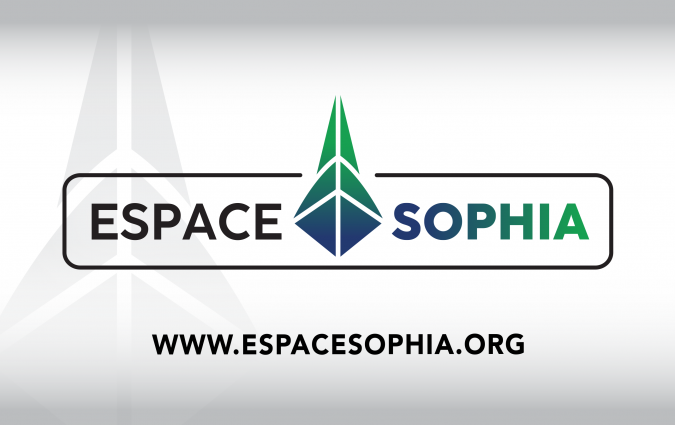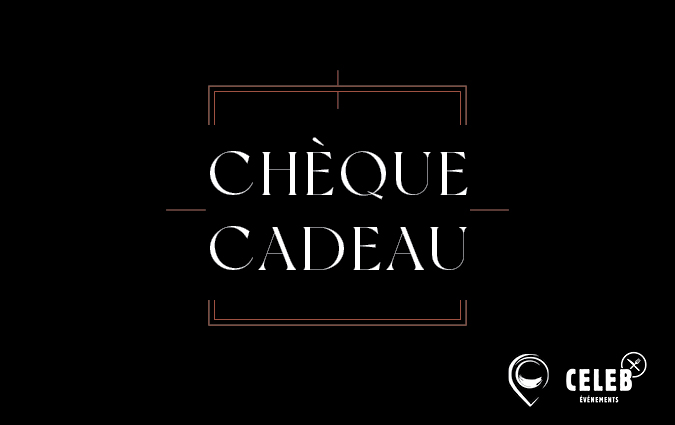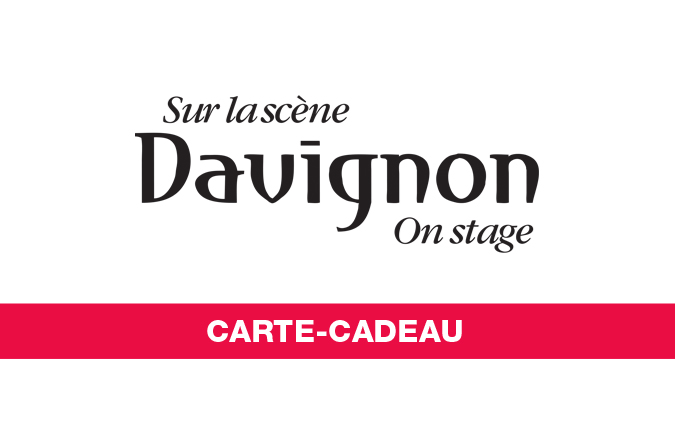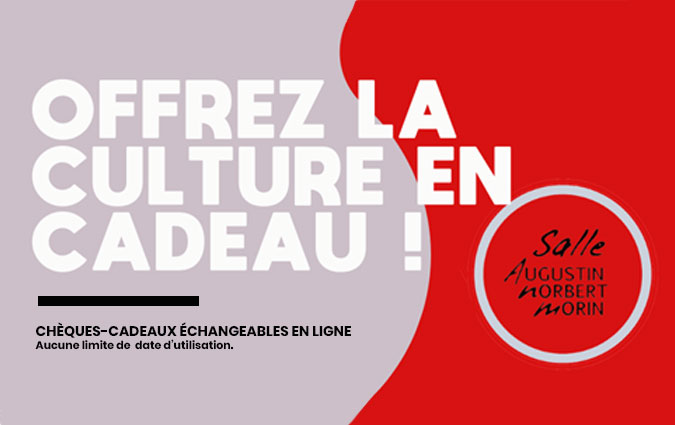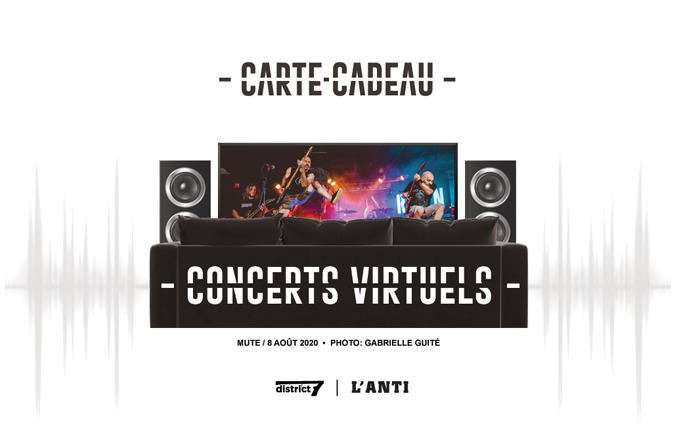
Full Program – E-Fest 2021: Electric Fields
Share this event
For more info about this event, please contact the event organizer, Vancouver New Music, at info@newmusic.org.
Buy Tickets
VIDEO ON DEMAND
*** Please note that this ticket option includes the full program, 138 minutes. If you wish to watch individual programs separately please select them from our event page at https://thepointofsale.com/vancouvernewmusic ***
After purchasing your ticket, a unique link will be sent to you by email and can be used to access the performance between October 28 at 12AM PST and November 10 at 11:45PM PST on one device at the time of your choosing.
By donation - tickets available until November 10 at 8PM PST
...............
E-fest 2021: Electric Fields - gestural sonic expansions
Featuring exclusive, on-demand video performances by
00:00 Aiyun Huang (Toronto)
00:30 Mari Kimura (US/Japan)
01:00 Laetitia Sonami (US)
01:25 Suzanne Kite (Oglála Lakȟóta)
01:45 HAI Trio (Italy/Austria/Korea)
For 2021 we set aside our traditional festival format for one more year in favour of a virtual gathering. In the past couple of years most of us have had to navigate adaptations, modifications, extensions to how we engage and interact with others in the world. Many of us have also likely spent a fair amount of time thinking about our relationship to these tools and technological mediations, and how they shape or reshape familiar boundaries – for ourselves as individuals and in our relationships.
From October 28 to November 10 we invite you to take in five new, on-demand performance video pieces from seven artists who play with unique intersections of body and technology, exploring and transforming the blurred boundaries that define autonomy and creative agency.
On November 6 at 2PM PST we invite you to join Artistic Director Giorgio Magnanensi for an online roundtable discussion with the festival artists. Please visit https://newmusic.org/electric-fields/ for more info.
- Refunds
- No refunds
- Exchanges
- No exchanges
VIDEO ON DEMAND
*** Please note that this ticket option includes the full program, 138 minutes. If you wish to watch individual programs separately please select them from our event page at https://thepointofsale.com/vancouvernewmusic ***
After purchasing your ticket, a unique link will be sent to you by email and can be used to access the performance between October 28 at 12AM PST and November 10 at 11:45PM PST on one device at the time of your choosing.
By donation - tickets available until November 10 at 8PM PST
...............
E-fest 2021: Electric Fields - gestural sonic expansions
Featuring exclusive, on-demand video performances by
00:00 Aiyun Huang (Toronto)
00:30 Mari Kimura (US/Japan)
01:00 Laetitia Sonami (US)
01:25 Suzanne Kite (Oglála Lakȟóta)
01:45 HAI Trio (Italy/Austria/Korea)
For 2021 we set aside our traditional festival format for one more year in favour of a virtual gathering. In the past couple of years most of us have had to navigate adaptations, modifications, extensions to how we engage and interact with others in the world. Many of us have also likely spent a fair amount of time thinking about our relationship to these tools and technological mediations, and how they shape or reshape familiar boundaries – for ourselves as individuals and in our relationships.
From October 28 to November 10 we invite you to take in five new, on-demand performance video pieces from seven artists who play with unique intersections of body and technology, exploring and transforming the blurred boundaries that define autonomy and creative agency.
On November 6 at 2PM PST we invite you to join Artistic Director Giorgio Magnanensi for an online roundtable discussion with the festival artists. Please visit https://newmusic.org/electric-fields/ for more info.
- Refunds
- No refunds
- Exchanges
- No exchanges
Laetitia Sonami
Laetitia Sonami is a sound artist, performer and composer.
Sonami's sound performances, live-film collaborations and sound installations focus on issues of presence and participation. Best known for her unique instrument, the elbow‐length lady's glove, she currently performs with her latest instrument, the Spring Spyre, based on the application of neural networks to real-time audio synthesis. Sonami currently teaches at the Center for Contemporary Music, Mills College.
sonami.netMari Kimura
Mari Kimura is at the forefront of violinists who are extending the technical and expressive capabilities of the instrument. As a performer, composer, researcher, and entrepreneur, she has opened up new sonic worlds and new musical possibilities for the violin. Notably, she has mastered the production of pitches that sound up to an octave below the violin’s lowest string without re-tuning. This technique, which she calls Subharmonics, has earned Mari considerable renown in the concert music world and beyond. She is also a pioneer in the field of interactive computer music. At the same time, she has earned international acclaim as a soloist and recitalist in both standard and contemporary repertoire. Her most recent efforts involve entrepreneurship, bringing her prototype motion sensor MUGIC™, (pronounced “mu” as in music +”gic” as in magic) to the market.
As a composer, Mari is a recipient of numerous awards and residencies including the Guggenheim Fellowship, Fromm Award from Harvard, residencies at the Rockefeller Brothers’ Fund and IRCAM in Paris. Mari’s commissions include the International Computer Music Association, Harvestworks, Music from Japan and others, supported by grants including New York Foundation for the Arts, Arts International, New Music USA/Meet The Composer, Japan Foundation, Argosy Foundation, and New York State Council on the Arts. She was named one of 45 “Great Immigrants” by the Carnegie Corporation, and has been featured in major publications including the New York Times written by Matthew Gurewitsch, and in Scientific American written by Larry Greenemeier.
As a violinist, Mari has premiered many important works, including John Adams’s Violin Concerto (Japanese premiere), Luciano Berio’s Sequenza VIII (US premiere), Tania Léon’s Axon for violin and computer (world premiere), and Salvatore Sciarrino’s 6 Capricci (US premiere), among others. In 2007, Mari introduced Jean-Claude Risset’s violin concerto, Schemes, at Suntory Hall with the Tokyo Symphony Orchestra. The cadenza she wrote for the concerto, incorporating advanced Subharmonics, was subsequently published in STRINGS magazine. In 2019, she gave the world premiere of Dai Fujikura’s “Motion Notions” for violin and a motion sensor at her solo recital at the International Chigiana Festival in Siena, Italy.
As an educator, Mari is the Founding Chair of the Future Music Lab at the Atlantic Music Festival in collaboration with IRCAM since 2013. The program focuses on high-level instrumental performers, who explore composition, improvisation and performance using the latest technology. Since 1998, Mari has been teaching a graduate course in Interactive Computer Music Performance at Juilliard. In 2017, Mari Kimura was named Professor of Music at UC Irvine’s “Integrated Composition, Improvisation and Technology” (ICIT) program, Music Department at the Claire Trevor School of the Arts.
As an entrepreneur, Mari is the President of Kimari, LLC creating MUGIC™. In September 2020, after developing a new MUGIC™ prototype at Calit2 at UCI for two years, she released MUGIC™ commercially. MUGIC™ is now available athttps://mugicmotion.com/
Mari studied the violin with Armand & Margaret Weisbord, Toshiya Eto, Roman Totenberg and Joseph Fuchs. She studied composition with Mario Davidovksy.
mugicmotion.com/Aiyun Huang
Aiyun Huang enjoys a musical life as soloist, chamber musician, researcher, teacher, and producer. Globally recognized since winning the 2002 First Prize and Audience Prize of the Geneva International Music Competition. She is a champion of existing repertoire and a prominent voice in the collaborative creation of new works. Huang has commissioned and premiered over two hundred works as a soloist and chamber musician. The Globe and Mail critic Robert Everett-Green describes Huang’s playing as “engrossing to hear and to watch” and her choice of repertoire as capable of “renovating our habits of listening.”
Born in Taiwan, Aiyun holds a DMA degree from the University of California, San Diego. Between 2004 and 2006, she was appointed as Faculty Fellow at UCSD. Between 2006 and 2017, she led the percussion program and held the position of William Dawson Scholar at McGill University. She currently holds the position of Associate Professor of Music at the University of Toronto where she heads the percussion area and directs the percussion ensemble and TaPIR lab. She also serves as the Artistic Director for soundSCAPE Festival in Cesena, Italy.
KITE
Kite aka Suzanne Kite is an Oglála Lakȟóta performance artist, visual artist, and composer raised in Southern California, with a BFA from CalArts in music composition, an MFA from Bard College’s Milton Avery Graduate School, and is a PhD candidate at Concordia University. Kite’s scholarship and practice investigate contemporary Lakota ontologies through research-creation, computational media, and performance. Recently, Kite has been developing a body interface for movement performances, carbon fibre sculptures, immersive video and sound installations, as well as co-running the experimental electronic imprint, Unheard Records. Kite has also published in several journals and magazines, including in The Journal of Design and Science (MIT Press), where the award winning article, “Making Kin with Machines,” co-authored with Jason Lewis, Noelani Arista, and Archer Pechawis, was featured. Currently, she is a 2019 Pierre Elliott Trudeau Foundation Scholar and a 2020 Tulsa Artist Fellow.
kitekitekitekite.com/HAI Trio
Isak Han is an artist, composer, programmer, and product designer.
Raised by Korean punk music and an academic education in sculpture, he came to Berlin to study product design and ventured into the Berlin club music scene as a DJ.
After immersing himself into generative arts practices, he composes his music mainly by means of hardware circuit bending, software programming and personal instrument design. All these aspects are being developed through continuous experimentation and research. Currently, he is establishing his own company with Hannes Hoelzl and focusing on developing new digital music instruments.
Alberto de Campo is a musician, composer, and artist, and since 2009, Professor for Computational Art at the University for the Arts Berlin (UdK). He studied composition, jazz guitar, and computer music, and is giving talks, workshops and concerts internationally at universities, conferences and festivals.
At UdK Berlin and with the Society for Nontrivial Pursuits, he explores the possible spaces of programming as an artistic practice, often by creating systems with complex behavior that can be influenced by performers.
https://www.udk-berlin.de/en/people/detail/person/show/alberto-campo
https://s4ntp.org
Hannes Hoelzl studied Sound Engineering at IEM Graz (A) and Audio Design at the HKU Utrecht (NL). The encounter with Michel Waisvisz during his internship at STEIM in the late 90’s sparked his passion for computer based instruments with direct, gestural bodily influence that match acoustic ones in flexibility, maneuverability and sonic potential.
Hannes has performed his compositions and installed his sonic artworks internationally. He likes teaching advanced audio coding and physical interaction both internationally in workshops, and at the Berlin University of the Arts, where he is an assistant professor.
Hannes, Alberto and Isak enjoy performing together as the HAI Trio.


